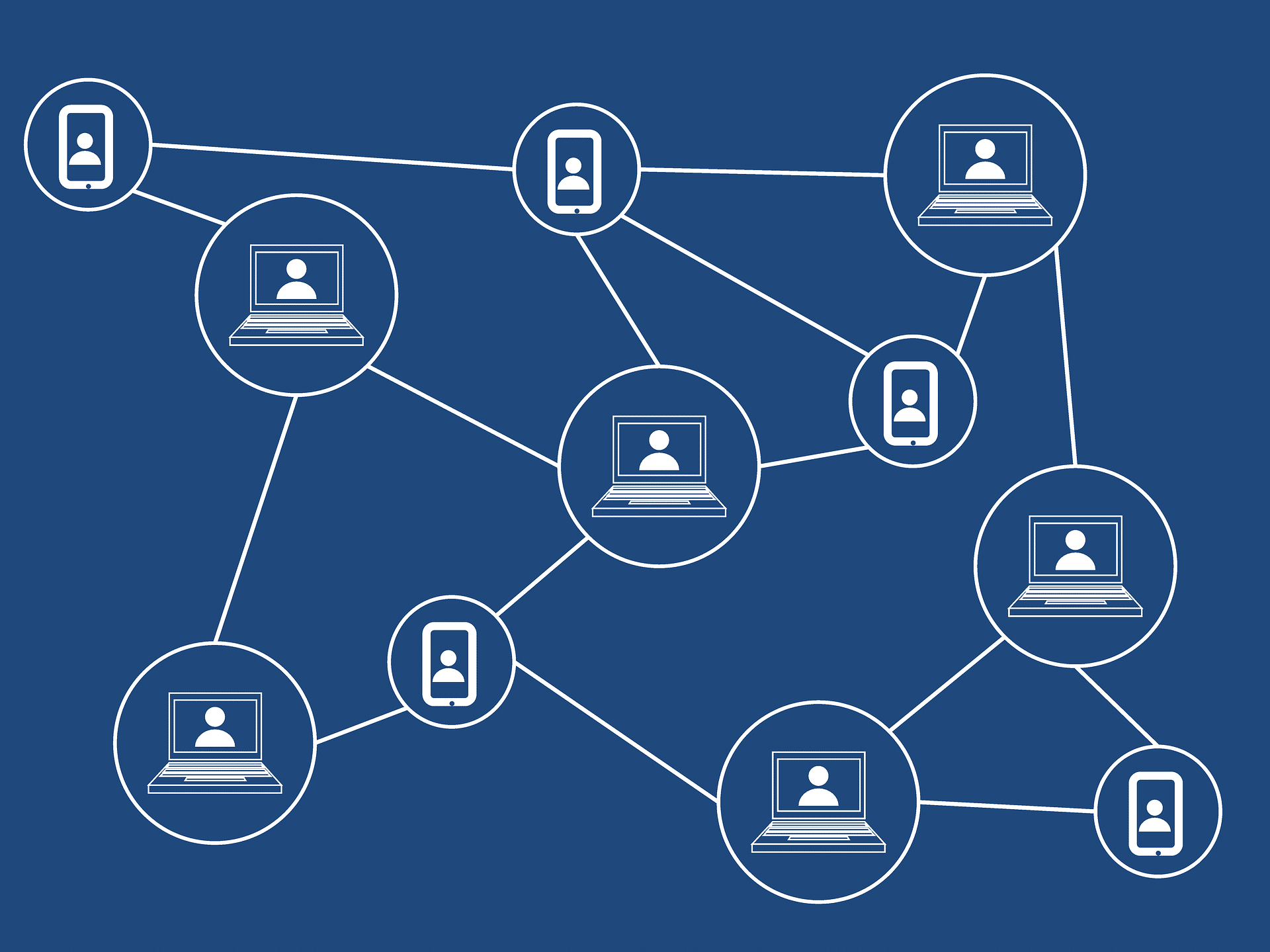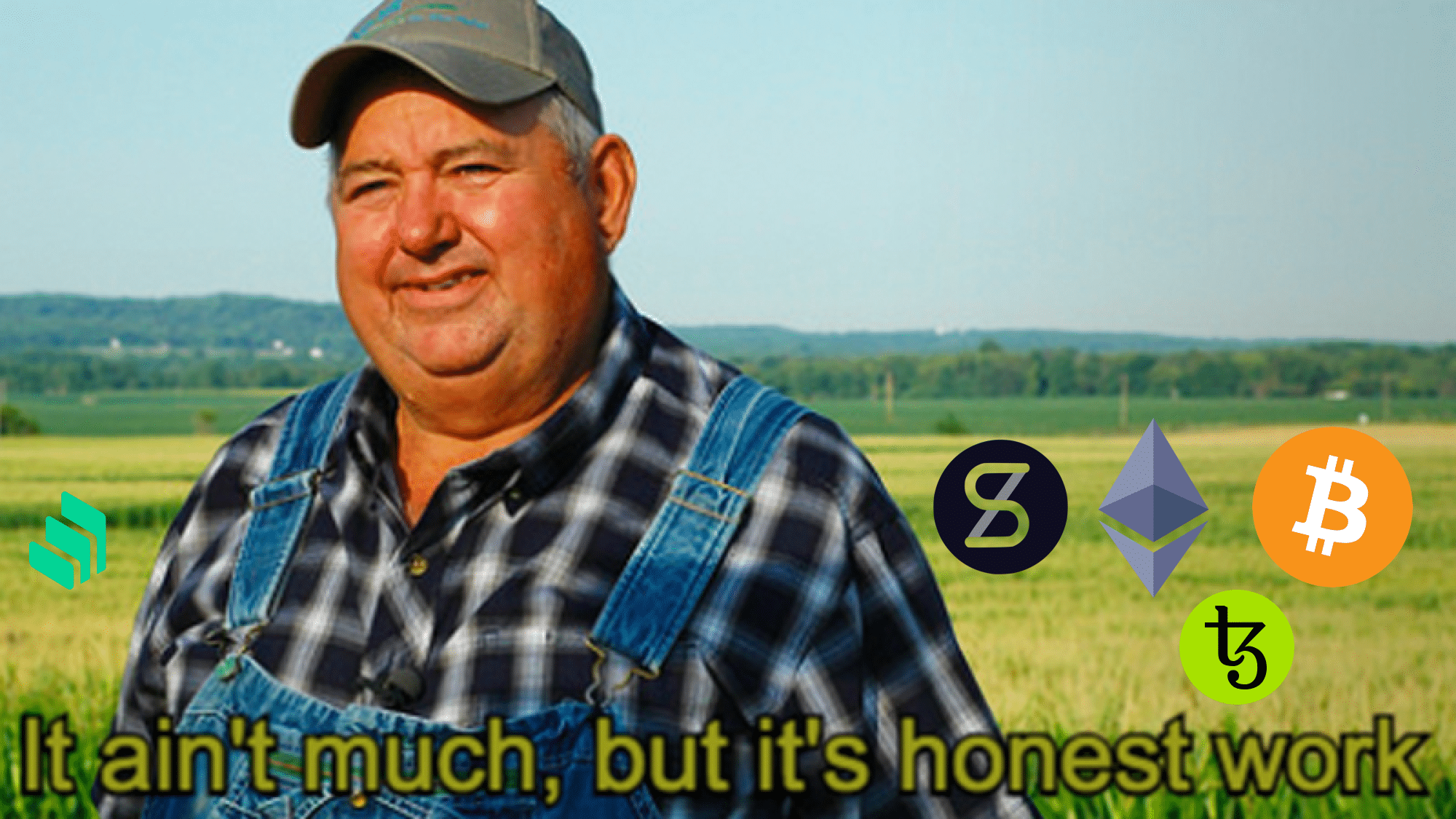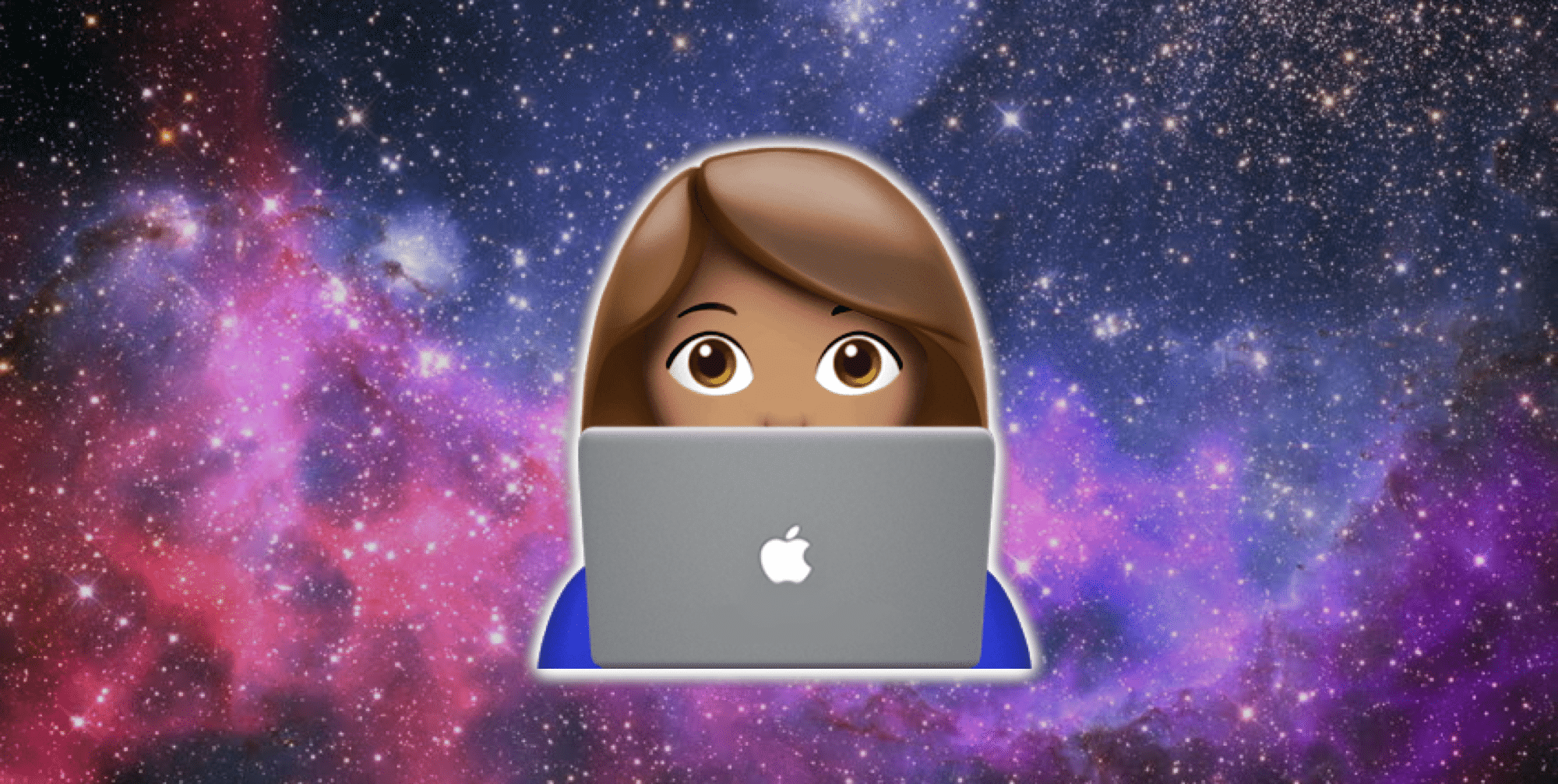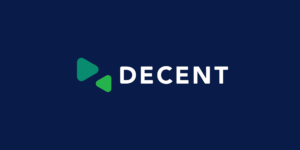- A Quick Catch up on Marketplaces
- The Issue with Online Marketplaces
- What is a Blockchain Marketplace?
- So What’s the Caveat?
- Final Thoughts
Trust. A quality inherently absent from most human beings when it comes to strangers. While we can probably all blame our mothers for that, the fact is that most interactions with people we don’t know hold an element of risk. And in online marketplaces, the leap of faith is significantly higher, with no face to put to a name or guarantee of receiving what you pay for. So, what about a blockchain marketplace? What’s different about that?
A Quick Catch up on Marketplaces
While your mind may wander to the souks of Marrakech or the floating markets of Bangkok, we’re talking about online marketplaces here. The ones that have emerged, disrupted and pretty much kicked the ass of every major retailer around the globe. The likes of Amazon, eBay, Etsy, and Alibaba.
With 96 percent of Americans shopping online and the rest of the world hot on their heels, not only did these giant marketplaces make e-commerce possible; they took it to the next level. They allow us to buy almost anything from one single domain.
And as they matured and competed, shopping online became easier and easier. We can make payments with one click, or one fingerprint. We can order goods and have them delivered to our doorstep in under an hour, or even placed in the trunks of our cars. Convenient, fast, reliable (mostly).
Yes, when it comes to online marketplaces, traditional retailers have it pretty tough. With 6,000 stores closing in the high street in the UK in 2017, and major retailers folding like a deck of cards in the US, the tendency is clear. After all, why go to a store and stand in line when you can have the store come to you?
And it doesn’t stop there. Since the dawning of the “sharing economy” with Uber, Airbnb, TaskRabbit, and Upwork, it’s no longer just physical items we buy and sell in online marketplaces. We trade in services as well. Ride-sharing, accommodation rental, freelance work–oh my! Yet, online marketplaces aren’t all Nirvana.
The Issue with Online Marketplaces
The first issue when it comes to online marketplaces is trust, especially when dealing with a new seller, or a first-time buyer. Rating systems have served to boost our confidence a little–a lot, in fact–since 84 percent of people now trust online reviews as much as a recommendation from a friend.
Top-rated sellers on sites like eBay seem to have the seal of approval, and employers seek top-rated freelancers on Upwork or Fiverr.

So what’s the problem? Well, there are a lot of fake ratings out there and few safeguards in place to stop them being posted. Many freelancers have had the misfortune of providing services for no payment, or tourists turning up at a ramshackle accommodation instead of a picturesque castle.
Sure, the person may get banned from the marketplace in question, but what’s to stop them from opening a new account? Not that much in many cases.
We take some solace from these centralized marketplaces in that the platforms usually have some protocols in place. Upwork users undergo a basic KYC–at least uploading some kind of identity–and verifying the payment method. Airbnb also has requirements for renters and rentees. But smaller marketplaces may not.
And ironically, what so many of us see as a blessing can be something of a double-edged sword. We need the centralized authority to increase our level of trust–to verify payment, guarantee delivery, and help return items. But at the same time, the centralized authority simply serves as a giant intermediary.
A big fat middleman skimming off the cream and jacking up the prices. Wherever a middleman exists, there’s an inefficiency waiting to be removed.
Enter the blockchain marketplace.
What is a Blockchain Marketplace?
A blockchain marketplace is a purely peer-to-peer system removing the middleman by adding the ledger’s transparency and a layer of trust. In a blockchain marketplace, the transaction is one on one, from me to you, with no centralized authority taking their fee.

And for the first time in history, this is possible since we now have a technology that removes the issue of trust. With its transparent nature, every transaction can be seen–every relevant detail about a service provider and a seller. No reviews can be falsified, or tampered with. They are genuine, immutable, and live forever on the blockchain.
Moreover, there’s no issue with the problem of payment, as a blockchain marketplace uses smart contracts. Once the terms are agreed, the transaction takes place. Simple and hassle-free.
Blockchain can inherently build in KYC since the seller and buyer profile are transparent and a blockchain marketplace can verify the information. So, you know that when you rent a house in a village in France, the property actually exists. You’re not going to turn up to a pile of bricks under construction.
The renter also knows they aren’t leasing their property to a criminal or a rock band with a reputation for smashing furniture.
And since the transaction is truly peer-to-peer (not as the current sharing economy markets itself to be), prices are lower all around, and the decentralized nature of blockchains means there is no single point of failure or weakness.
A blockchain marketplace comprises these key components:
- Trust
- Guaranteed Payment
- Transparency
- Cheaper prices
- Decentralization
Blockchain can be applied to just about any industry from freelance work to finance, grocery shopping and accommodation rentals.
[thrive_leads id=’5219′]
So What’s the Caveat?
Just as Uber’s self-driving car and Jeep’s experiment with IoT tech, blockchain is far from perfect. Often referred to as in its infancy, you may find a blockchain marketplace trying to run before it can walk.
For as robust and secure as blockchain technology has proven to be, the problem often comes at the secondary software level – through exchanges, wallets, and applications built on top of the ledger. So, allowing for payments through a blockchain marketplace could come with an element of risk, and be open to hackers.
Smart contracts are not perfect either. In fact, the DAO Hack came about due to a loophole in a smart contract. Moreover, unlike legal contracts as we know them today, they don’t allow for the human element of interpretation or good faith.
Say, for example, seller A sells buyer B an antique clock in good faith that the item is genuine. But buyer B finds later find out that it is not. What happens? Smart contracts are irreversible, so how are refunds arranged without rewriting the code and adding hard forks?
Refunds are one of the main issues that retail will have with blockchain. But there are a handful of companies working on this solution, allowing for upgrades to existing contracts, or for human judgment to step in to resolve the conflict.
Scalability is another issue we hear about often. Ethereum can only handle 15 transactions per second currently. Newer blockchains such as NEO can handle 10,000 operations per second. The DAG is an infinitely more scalable option, but not without its problems either, one of which being security–it’s easier to hack into the DAG.
So, the blockchain marketplace will bring benefits, but reaching the end goal may be more of a marathon than a sprint.
Final Thoughts
Marketplaces have a lot to benefit from the blockchain. But there will inevitably be some fallout. With no intermediary prices nor need for a centralized body, the blockchain marketplace will disrupt the disrupters. Although, it’s unlikely that Airbnb and Uber don’t have a solution somewhere up their sleeves.
Never Miss Another Opportunity! Get hand selected news & info from our Crypto Experts so you can make educated, informed decisions that directly affect your crypto profits. Subscribe to CoinCentral free newsletter now.










